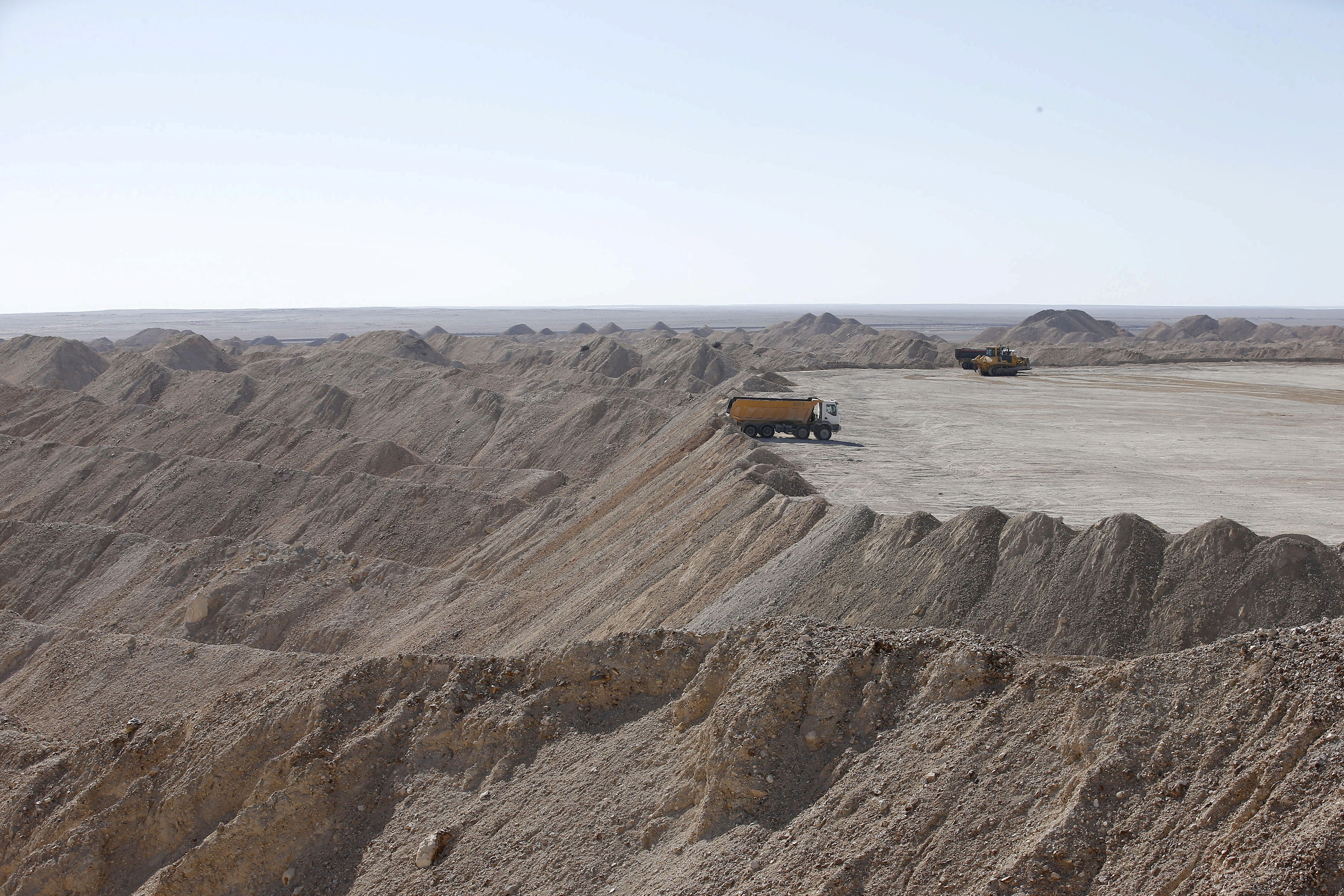RABAT – Morocco’s OCP plans to invest $7 billion in an ammonia plant using green hydrogen, produced from renewable fuel, it told Reuters, as one of the world’s biggest phosphates and fertiliser companies seeks to increase output and meet low carbon goals.
State-owned OCP is one of the biggest importers of ammonia, spending $2 billion on the raw material last year as the war in Ukraine pushed up global prices.
The war’s impact on supplies also increased OCP’s global significance and its renewables push is an important part of a Moroccan industrial strategy to reduce energy imports.

To offset supply problems, OCP has struck a deal to buy ammonia from North America this year, it said.
Longer term, it plans to reinforce its domestic supply chain, including by building a plant in Tarfaya in southern Morocco.
By 2026, the plant would produce 200,000 tonnes of ammonia a year, increasing to 1 million tonnes by 2027 and 3 million tonnes by 2032, it said in an emailed answer to Reuters questions.
Its plan to use hydrogen produced from solar-and-wind-powered electrolysis as a raw material to make ammonia is part of a $13 billion strategy the company announced in December to shift to renewable energy.
Morocco has invested heavily in renewables, partly because it has lots of empty land, sun and wind and a long coastline, but also because it lacks oil or gas and has a difficult relationship with neighbouring hydrocarbons producer Algeria.
The government wants to raise renewable energy to 52% of installed power capacity from 38% by 2030 and is also pushing for an increase in desalination to help cities and agriculture cope with the impact of years of drought.
State-owned OCP has said it plans to rely entirely on desalinated water for industrial operations by 2027 and it told Reuters it will launch tenders early next year to expand desalination capacity at Safi and Jorf Lasfar on the Atlantic.
Its Tarfaya project involves a renewable-energy powered desalination plant with capacity of 60 million cubic meters a year to supply the industrial facilities.
AFRICA EXPANSION
Last year, higher prices allowed OCP to record revenues of $11.29 bln, up 40% from 2021, and net profit was $4.9 billion, up 38%. Profits have fallen this year because of lower prices, but OCP expects them to recover in the second half.
“We will ramp up our production to meet the incremental demand,” said OCP, which has the world’s biggest phosphate reserves and plans to increase fertiliser output capacity to 15 million tonnes this year and 20 million tonnes in 2027.
The company has promised to allocate 4 million tonnes of fertiliser production to the African market, where it has set up blending units and mapped soil composition across 30 million hectares to help produce customised fertilisers.
OCP’s investments in sub-Saharan Africa in recent years, where fertiliser supply is crucial to economic development, mirror expansion by other Moroccan companies on the continent that has served to underpin increased diplomatic engagement.
OCP told Reuters it would start production at its Nigeria fertilisers plant in late 2026 and in the same year launch a pre-production stage at its Ethiopia plant.
(This story has been corrected to change the investment figure to billions, not millions, in the headline)
Reporting by Ahmed El Jechtimi Editing by Angus McDowall, Barbara Lewis and David Goodman





